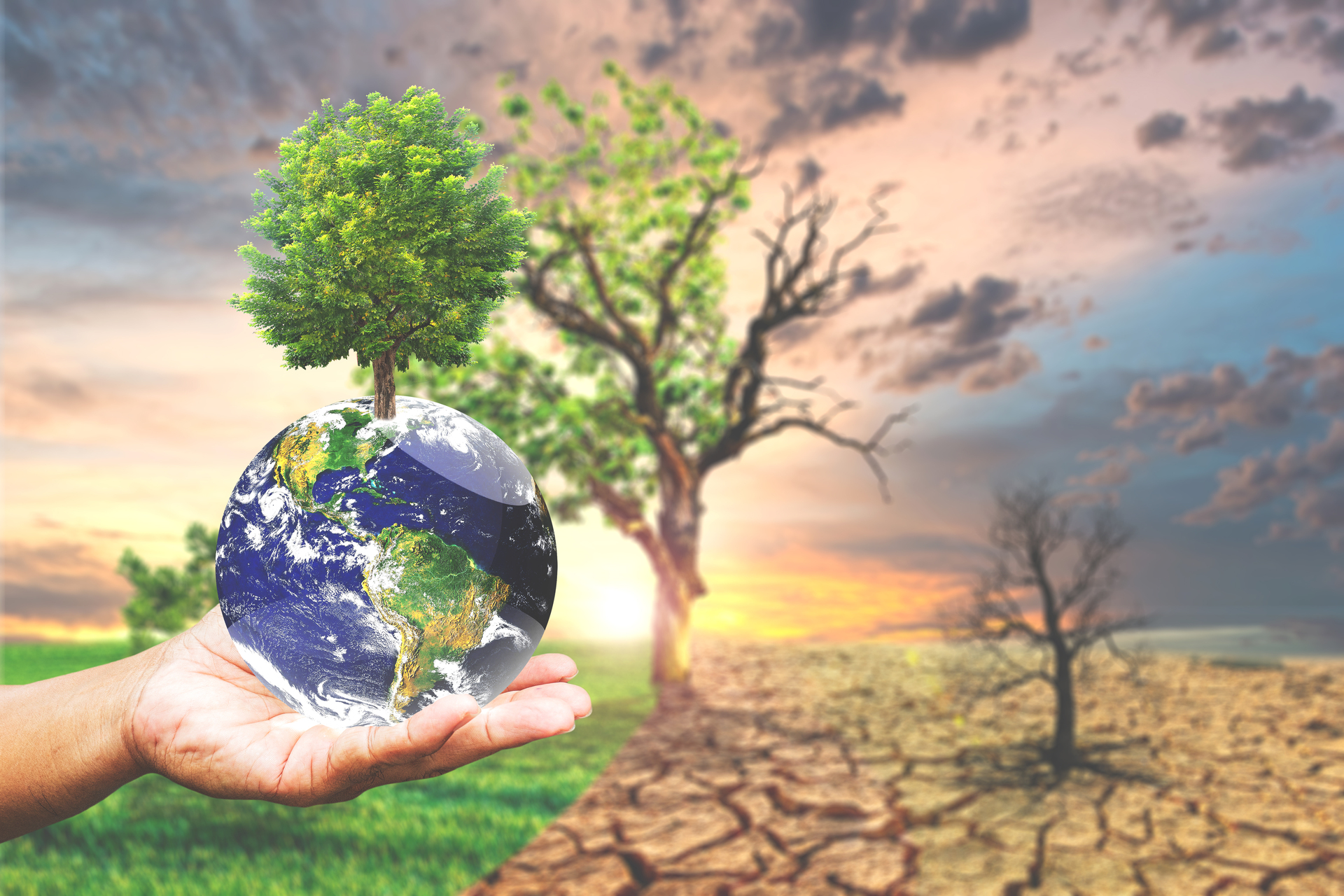Eco-Friendly Personal Finance: How to Save Money and the Environment at the Same Time

While 'going green' may initially seem synonymous with added expenses, this is not necessarily the case. You can actually make sustainable choices that positively impact your wallet and the environment. Eco-friendly personal finance is about merging financial well-being with environmental responsibility. This article provides an in-depth exploration of how you can save money while protecting the environment.
The Intersection of Personal Finance and Sustainability
Sustainable living and savvy finance go hand in hand. Both require making conscious choices, planning, and some level of discipline. Saving resources such as energy or water translates into cost savings in your bills, while conscious buying decisions can reduce unnecessary spending.
Energy Efficiency for Cost Savings
Implementing energy-efficient practices is an excellent way to start on your journey to eco-friendly personal finance. Here are a few options:
Upgrade to Energy-Efficient Appliances: Energy Star-rated appliances use less energy, leading to lower utility bills. While the upfront cost may be higher, the savings over the appliance’s lifetime can outweigh the initial expenditure.
Install LED Lights: LED bulbs consume 75% less energy compared to incandescent bulbs and last up to 25 times longer. This reduces both your energy bill and the frequency of bulb replacements.
Improve Home Insulation: Proper insulation can significantly reduce your heating and cooling costs. Consider investing in energy-efficient windows, insulating your attic and walls, and sealing drafts around doors and windows.
Water Conservation for Financial and Environmental Gains
Just like energy, saving water also leads to cost savings and environmental benefits:
Low-Flow Fixtures: Replacing regular showerheads, faucets, and toilets with low-flow alternatives can reduce your water usage, thereby lowering your water bill.
Rainwater Harvesting: Collecting and using rainwater for your garden or lawn can significantly reduce your water bill.
Fixing Leaks: A small leak can waste significant amounts of water over time. Regular maintenance can prevent this unnecessary cost and waste.
Eco-Friendly Transportation and its Impact on Your Wallet
Transportation is another area where eco-friendly choices can lead to significant savings:
Public Transportation: Utilizing public transportation or carpooling can drastically cut down on fuel costs and vehicle maintenance expenses.
Biking and Walking: For shorter distances, consider biking or walking. Not only are these options cost-effective and eco-friendly, they're also great for your health.
Fuel-Efficient or Electric Vehicles: If owning a car is necessary, consider investing in a fuel-efficient or electric vehicle. These cars may have higher upfront costs, but the savings on fuel can be substantial over time.
Conscious Consumerism for Sustainable Savings
Conscious consumerism is about making deliberate and thoughtful purchases. It involves considering the lifecycle of the products we buy - their production, use, and disposal.
Buy Less: One of the simplest ways to save money and reduce waste is to buy less. This involves distinguishing between wants and needs and avoiding impulse purchases.
Buy Secondhand: Purchasing used items is often cheaper than buying new. This not only saves you money but also reduces demand for new products and the resulting waste from production.
Buy Quality: Opting for high-quality, durable products may cost more initially, but it can save you money in the long run as you won't have to replace the item as frequently.
Buy Eco-friendly: Look for environmentally-friendly products. These products are often made with sustainable materials and ethical processes.
The Role of Investments in Eco-Friendly Personal Finance
Incorporating sustainability into your investment strategy is another facet of eco-friendly personal finance. This involves considering the environmental, social, and governance (ESG) practices of the companies you invest in.
Sustainable Investing: Also known as socially responsible investing or ESG investing, sustainable investing involves investing in companies that prioritize sustainable and socially responsible practices. Studies have shown that these investments can perform just as well, if not better, than traditional investments.
In conclusion, eco-friendly personal finance is not just beneficial for the environment, but also for your wallet. By adopting energy-efficient practices, conserving water, making eco-friendly transportation choices, practicing conscious consumerism, and choosing sustainable investments, you can reduce your expenses and contribute to a sustainable future. Embracing a green lifestyle might require some changes and initial investments, but the long-term financial and environmental rewards make it a worthwhile endeavor.

